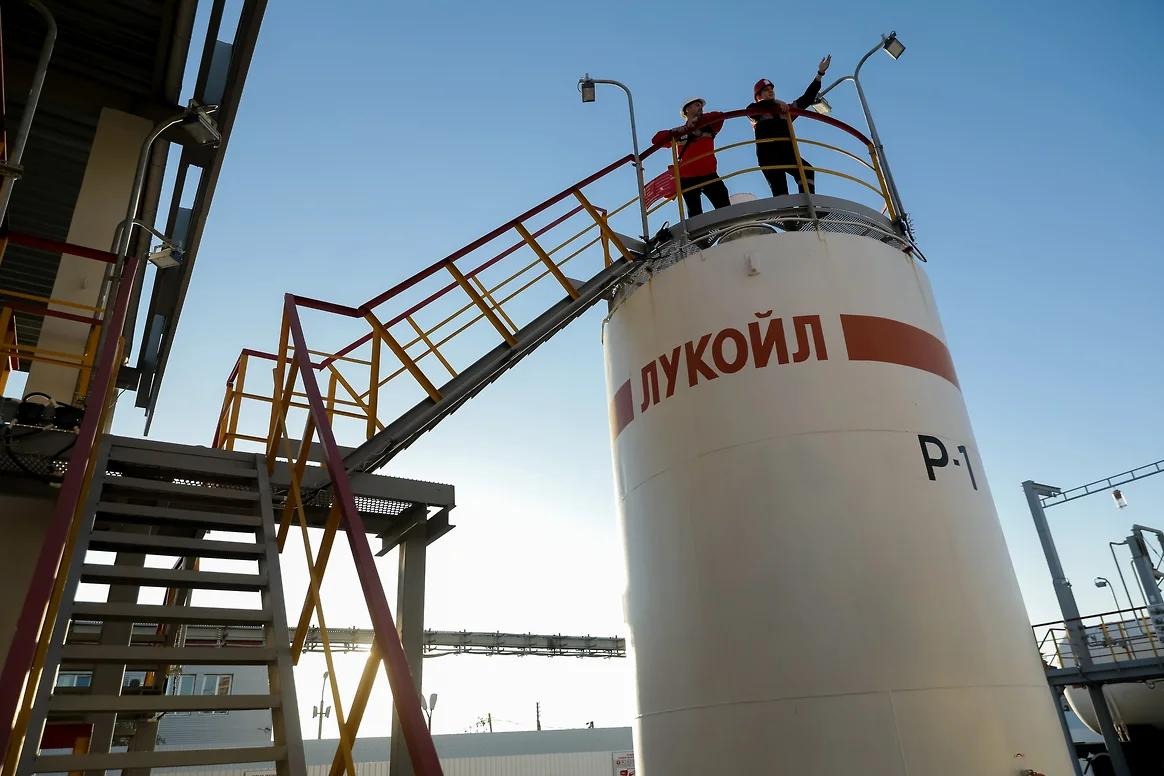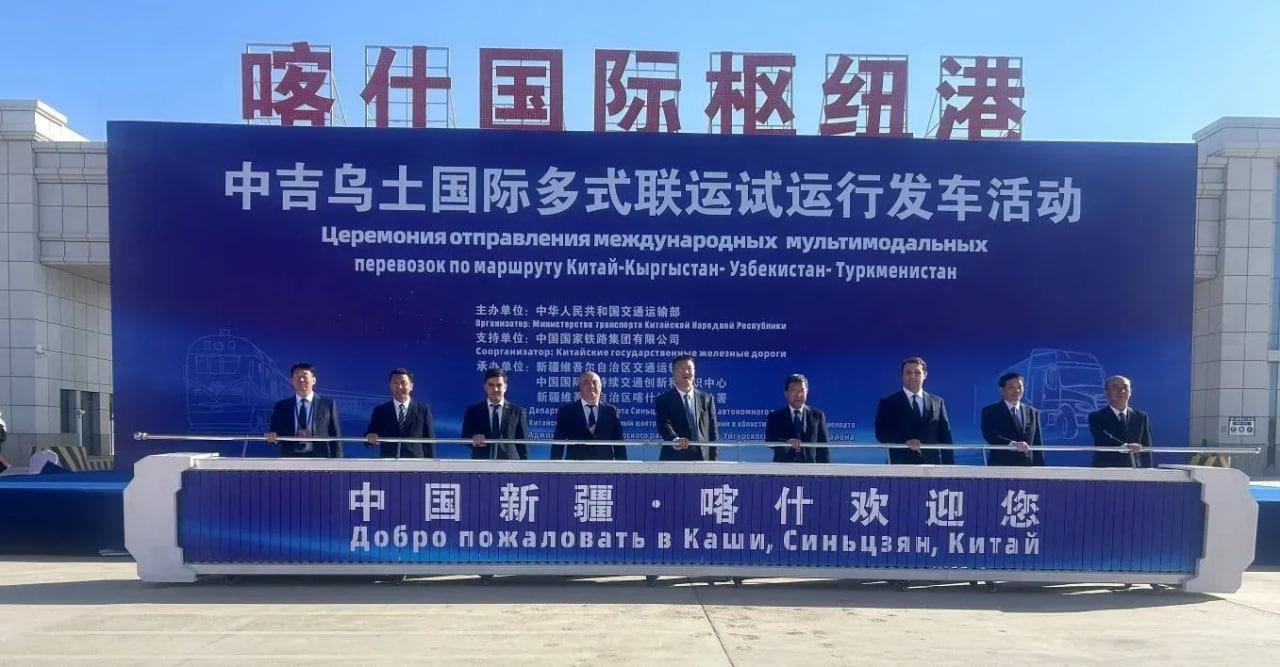Berlusconi, Centrex, Hexagon 1 and 2 and Gazprom
Berlusconi, Centrex, Hexagon 1 and 2 and Gazprom
Sergio Berlusconi, the billionaire Italian Prime Minister, arrived in Moscow on November 6 to meet with Russian President Dmitry Medvedev and sign an Italian-Russian deal that will involve Russia in constructing third and fourth generation nuclear reactors in Italy. The head of Russia’s Rosatom (the state nuclear energy corporation), Sergei Kiriyenko, stated after the signing ceremony, "Italy faces the task of returning to a leading position in the European nuclear power industry" (Moscow Times, November 7).
Expanding the Russian-Italian energy relationship has always been a priority for governments led by Berlusconi. In November 2007 Eni, Italy’s major gas company, signed a 50-50 percent agreement with Gazprom to build the controversial $10 billion South Stream pipeline, seen by the Russian leadership as a means of torpedoing the Nabucco pipeline, a project intended to diversify gas supplies to Europe. The gas relationship between Eni and Gazprom has not, however, always been transparent and in recent years has come under scrutiny by Italian parliamentarians.
In May 2005 Eni signed an agreement that would have allowed Gazpromexport, headed by Gazprom deputy CEO Alexander Medvedev, who is also allegedly one of the “unseen cardinals” of the murky Centrex Group in Europe, to participate in selling Russian gas to Italian domestic consumers. Almost immediately the contract came under investigation by a commission of the Italian parliament, Bloomberg reported on October 18, 2005.
The commission discovered that a Viennese company called Central Energy Italian Gas Holding (CEIGH), a part of the Centrex Group, was to play a major role in the lucrative contract. The investigation also revealed that a prominent Italian businessman named Bruno Mentasti-Granelli, known to be a close friend of Silvio Berlusconi, owned 33 percent of CEIGH through two companies, Hexagon Prima and Hexagon Seconda, both registered at the same address in Milan. Russian state-controlled Gazprom held 25 percent of the shares of CEIGH through ZMB, the German-registered subsidiary of Gazpromexport, while Vienna-based Centrex Europe Energy and Gas AG held 41.6 percent. Italian lawmakers promptly blocked the agreement, accusing Prime Minister Silvio Berlusconi of having a personal interest in the contract through Granelli’s participation.
Is it possible that Gazpromexport’s Alexander Medvedev did not know that Berlusconi’s close friend, Granelli, owned 33 percent of CEIGH? Did (now-president) Dmitry Medvedev, the chairman of the board of Gazprom at the time, not know? After talks in Moscow on October 20, 2005, Gazprom CEO Alexei Miller and Paolo Scaroni, Eni’s chief executive, declared under pressure from the Italian media, that the agreement had been cancelled. The joint press release stated that the two officials had “agreed to remake the earlier achieved accords on gas and consider possible cooperation in oil projects and in oil supplies in Europe” (Kommersant on-line, October 21, 2005).
Why CEIGH, a company created to sell Russian gas in Italy, was registered in Vienna remains a mystery. Why was ZMB, a fully owned subsidiary of Gazprom Germania, involved in a scheme to sell Russian gas to Italian consumers? What role did the mysterious Austrian-based Centrex Group, the parent of CEIGH, play in this arrangement? Centrex, after all, sent its profits to an off-shore company named Siritia Ventures in Cyprus, which then forwarded the earnings to another shady company, OOO Rubin, a business with a phony address in an apartment block in Moscow.
According to Austrian public documents, the shares of Central Energy Italian Gas Holding in October 2005 were split up between Centrex Beteiligungs GmbH, Vienna (located at Wiedner Haupstrasse 17), which owned 19,301 shares valued at €100 ($126) each; Hexagram Prima S.R.L., Milan, (Via Fatebenefrattelli 20), 5,001 shares; and Hexagram Seconda S.R.L. (located at the same address), 4,998 shares (Bericht Des Aufsichtsrates der Central Energy Italien Gas Holdings AG mit dem sitz in Wien, 4 June 4, 2007). According to Italian company records, both companies are owned by Granelli, although his name does not appear on the CEIGH registration documents (Prospeto Cerveu Hexagram Seconda S.R.I., January 21).
One of the former directors of CEIGH, Robert Nowikovsky, has been alleged by a Russian website to be a close friend of Gazprombank Chairman Andrei Akimov, who, along with Alexander Medvedev, have long been suspected of having been KGB agents in Vienna (Novaya Gazeta, January 16, 2006). Why was Nowikovsky involved with Centrex and CEIGH in the first place? Who brought him into the picture and why?
Nowikovsky, according to Stern Magazine (September 13, 2007), is the owner of “RN Privatstiftung,” which held one fifth of the shares in Centrex until March 2006. He was also involved when the IDF fund was set up in Vaduz, Liechtenstein, in 2004 by Hans Baumgartner, a Swiss lawyer and board member of the shady Swiss company RosUkrEnergo.
IDF soon established a fund for shareholders in Centrex. The value of the shares, with a minimum investment of one million dollars, has skyrocketed since 2004. The authorities in Vaduz, however, refuse to reveal the names of the shareowners.
According to the Stern article, state prosecutors in Israel and Vienna are currently investigating an alleged illegal payment of 4.5 million dollars made by a company associated with Nowikovsky in 2002 to the sons of Ariel Sharon, who was then Israeli prime minister. The payment was allegedly made together with another Viennese businessman, the secretive billionaire Martin Schlaff.”
The official Centrex subsidiary in Italy is Central Energy Italia S.P.A. based in Milan. The Centrex Group website, however, does not provide any indications that its Italian branch is in any way affiliated with Gazprom.
This subterfuge suggests that the Italian Prime Minister is deeply indebted to Moscow and will play the role of a loyal puppet, similar to that played by former German Chancellor Gerhard Schroeder and former EU Commissioner Romano Prodi, who have been promoting the Kremlin’s energy, and possibly other, interests in their home countries and in the EU in any which way they can.


